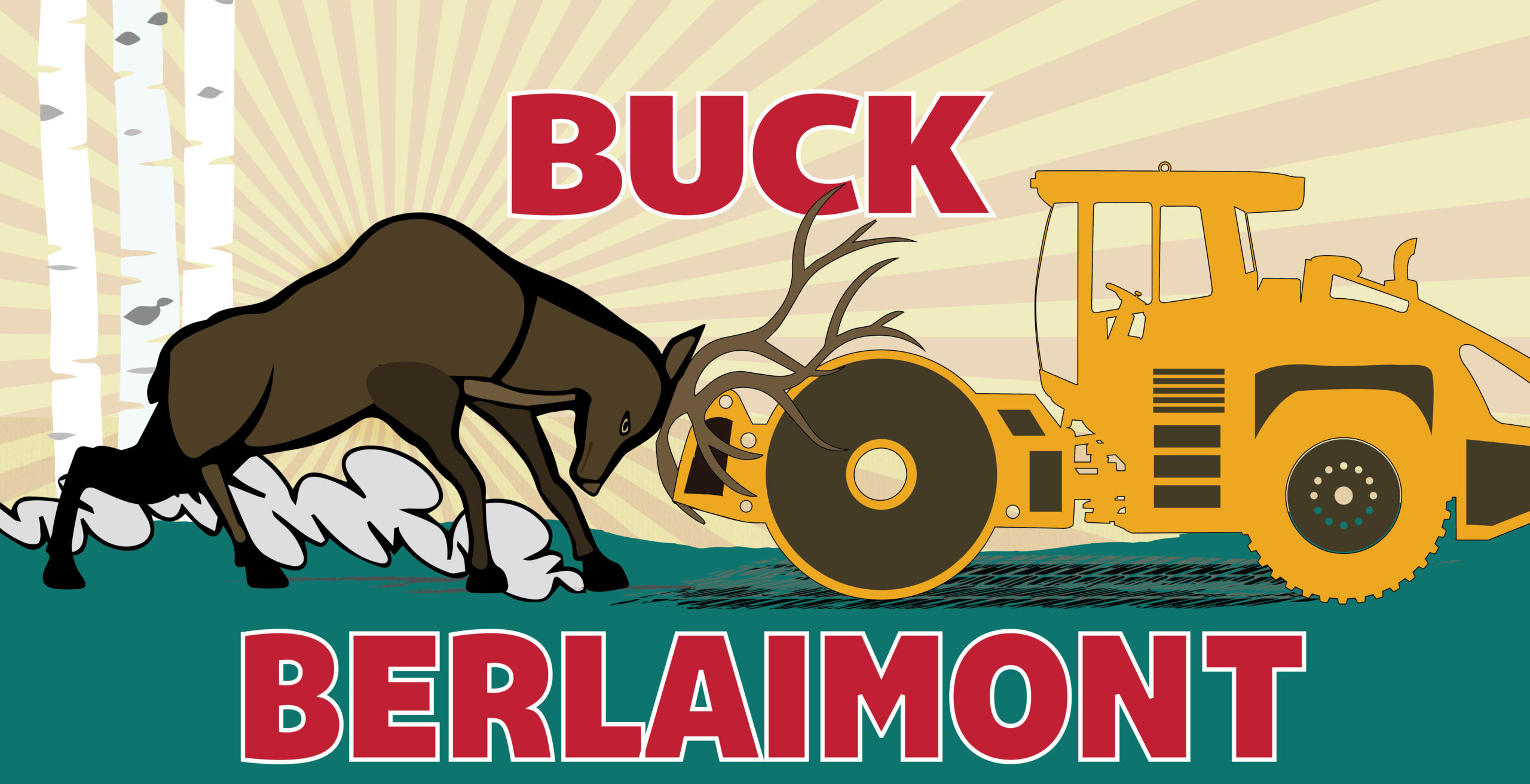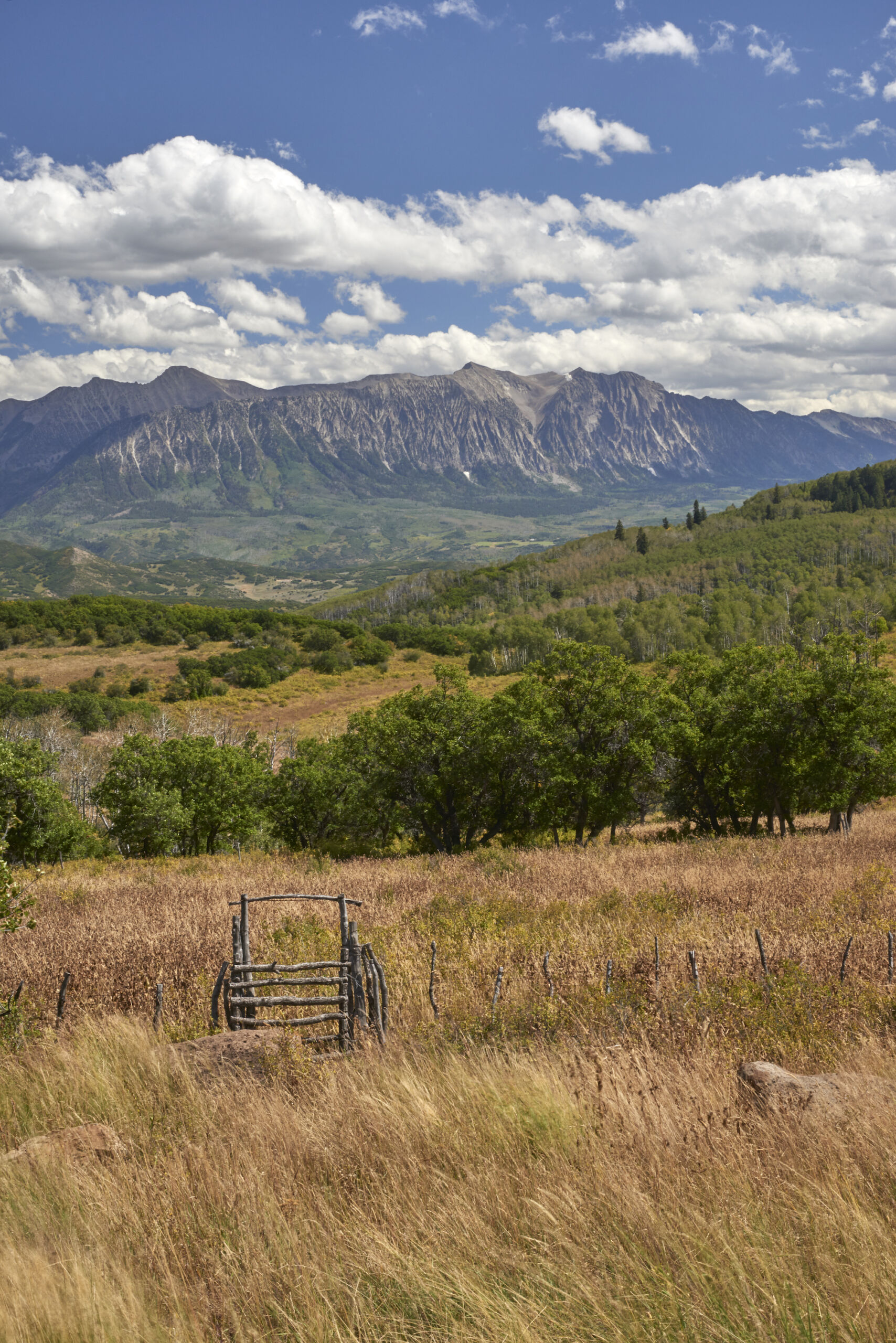Ensuring public participation in public land management.
Every year, dozens of different projects are proposed on Western Colorado’s public lands – some by the federal agencies themselves (such as logging or permitting systems for high-use areas), others by municipalities, developers, or industry (such as oil and gas development or recreational trails). Many of these have the potential to significantly harm wildlife and other ecological values on public lands. chance for the public to weigh in. Fortunately, federal laws – like the National Environmental Policy Act (NEPA), require federal agencies to evaluate the environmental effects of their actions and ensure the public has an opportunity to understand and provide comments on the projects. That’s where Wilderness Workshop comes in!
We monitor every project and proposal, evaluate their likely environmental impacts, and through the NEPA process, advocate for ecological values to be protected. A critical part of this is educating the public and asking our members to join us in submitting comments through our action alerts. We firmly believe that robust public participation is a key part of public land management. While the pressures to develop and extract financial gain from our public lands are high, when communities raise their voice in a unified and concerted way, we can often protect special places from development.
Current Projects
Berlaimont Estates – In March 2023, the White River National Forest released a signed Record of Decision for the Berlaimont Estates Road Improvement Project, approving a damaging paved road through sensitive wildlife habitat and facilitating a developer’s plan to build 19 new mansions on 680 acres in the middle of the White River National Forest.

WW has been engaged in the fight to stop the Berlaimont Access Road for over 10 years – working with passionate community members to organize opposition, gathering support from elected officials and decision-makers, and engaging in the public process at every point possible. Advocates have raised concerns that the road would cut through some of the last best winter wildlife habitat in the Eagle Valley, reducing deer and elk populations that are already in dramatic decline. The project flies in the face of deep community opposition (over 4,200 community members signed a petition) and the Biden-Harris Administration’s efforts to tackle the climate crisis. On March 13, 2023, WW filed suit to stop the project.
GMUG Forest Plan – The Grand Mesa, Uncompahgre, and Gunnison (GMUG) National Forests are currently revising their Forest Plan. A Forest Plan sets the overall management direction and guidance for a national forest; it guides management activities at a large, forest-wide scale, providing direction regarding the types of uses that may take place within each part of the forest. Generally revised every 20 years, Forest Plans are important conservation tools and provide the opportunity to ensure wildlife habitat, ecological values, and clean water are prioritized over extractive uses. In 2022, we continued our advocacy for new land and water protections as part of the Forest Plan Revision.
Our proposal – for recommended wildernesses and special management areas in places like Huntsman Ridge, Clear Fork Divide, and Pilot Knob in the Gunnison National Forest – would protect over 130,000 acres of important wildlife habitat, water resources, and wilderness quality land while shielding these special areas from logging and fossil fuel leasing.

The Raggeds from Condemn It Park near Pilot Knob. Photo courtesy Jon Mullen/Ecostock.

